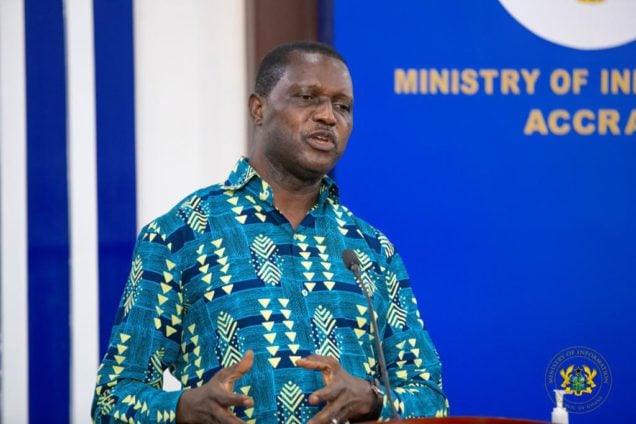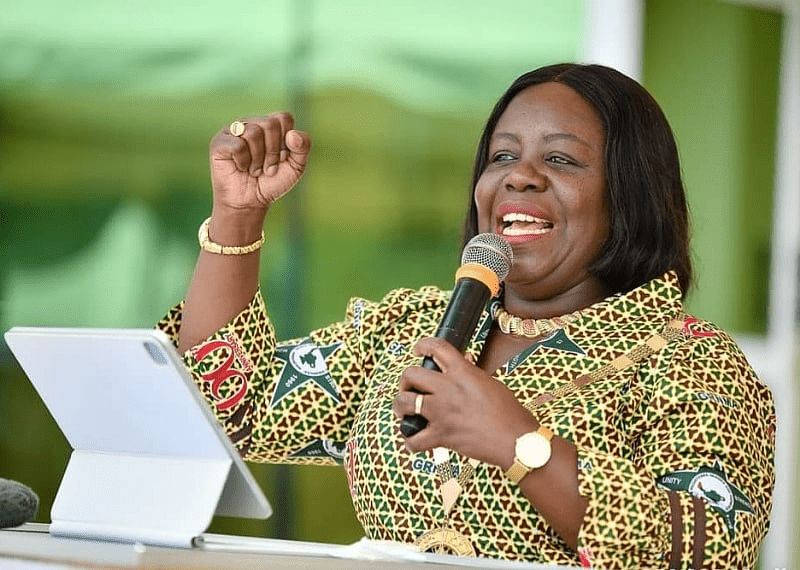
A 10-Member Steering Committee to spearhead efforts in aligning health delivery services within the Ghana Health Service (GHS) to the government’s “24-hour Economy” policy has been inaugurated in Accra yesterday.
Chaired by the Director-General of the GHS, Professor Samuel Kaba Akoriyea, the Committee is tasked with providing oversight, policy direction and institutional coordination across all levels of the health system to ensure round-the-clock delivery of healthcare nationwide.
Its mandate includes the restructuring of recruitment and deployment of the health workforce with a focus on shift systems and night-duty protocols, while strengthening health infrastructure, including lighting, security, power supply and staff accommodation, in line with the policy.
It will also work to enhance supervision, digital retooling, and referral systems particularly for night-time services and develop strategies to ensure the financial sustainability of 24-hour healthcare operations through strategic resource planning and collaboration with partners such as the National Health Insurance Authority (NHIA), the private sector and other stakeholders.
Inaugurating the committee, Prof. Akoriyea acknowledged that while the health sector has made significant progress through major interventions and policies such as the Community-based Health Planning Services (CHPS), the National Health Insurance Scheme (NHIS) and the expansion of emergency care over the years, challenges remain in ensuring continuous operation particularly during night-time and in underserved areas.
“Emergencies do not operate by calendar. Our system must be able to meet this reality, not just in isolated facilities or during crisis but as a national standard,” he said.
Prof. Akoriyea stressed that the committee has the role “to ensure that the health sector’s alignment with the 24-hour economy is not just technically sound but strategically sequent, contextually relevant and fully institutional.”
“Our task is not to create a parallel system but to strengthen what we already have and to stretch this responsibility across time to ensure a balance of innovation and reliability,” he added.
Dr Ebenezer Oduro-Mensah, the Deputy Director of Clinical Services Department, giving an overview of the health sector alignment to 24-hour policy, stressed the urgent need for the sector to adapt to save lives and promote longevity.
“Emergencies, maternal deliveries, accidents, respiratory distress, mental health crises, and night-time injuries are realities of daily life. Our health system must be prepared to respond to these needs consistently, reliably, and equitably, whether they occur at midday or midnight,” he noted.
Dr Oduro-Mensah pointed out that while select hospitals across the country provide round-the-clock services, many health facilities particularly CHPS compounds and health centres, still operate within standard working hours, with limited capacity for night-time response.
That, he noted, created disparities in access, delays in care, and sometimes tragic outcomes which was why aligning GHS operations with the 24-Hour Economy Policy was crucial to build a more robust and pro-active healthcare system.
“I wish to emphasize that a truly 24-hour economy cannot succeed without a 24-hour health system. When health is available at all hours, people are empowered to live, work, and thrive in safety and dignity,” he said.
BY ABIGAIL ANNOH
The post GHS restrategises for 24-hr healthcare operations appeared first on Ghanaian Times.
Read Full Story

















Facebook
Twitter
Pinterest
Instagram
Google+
YouTube
LinkedIn
RSS